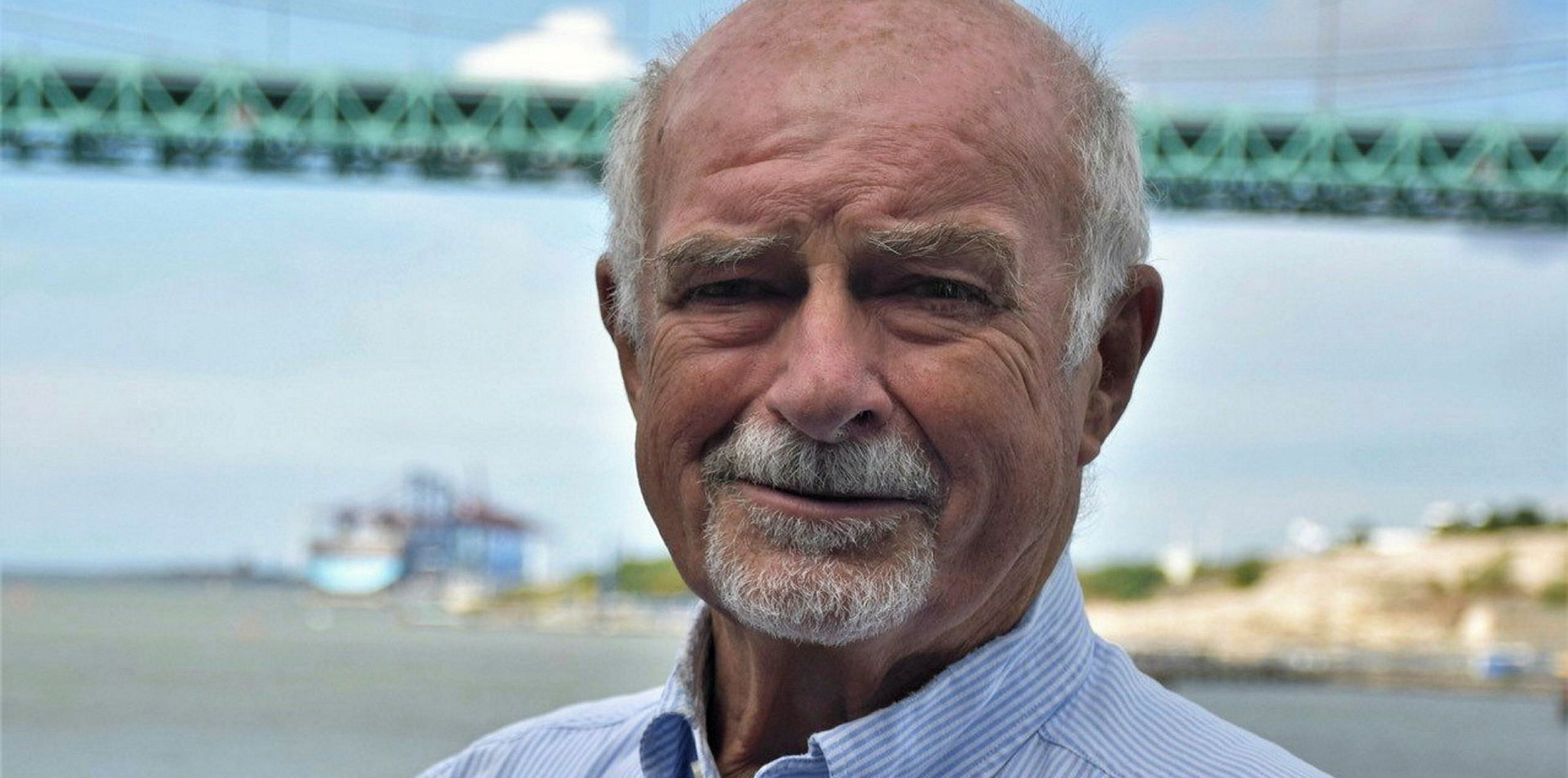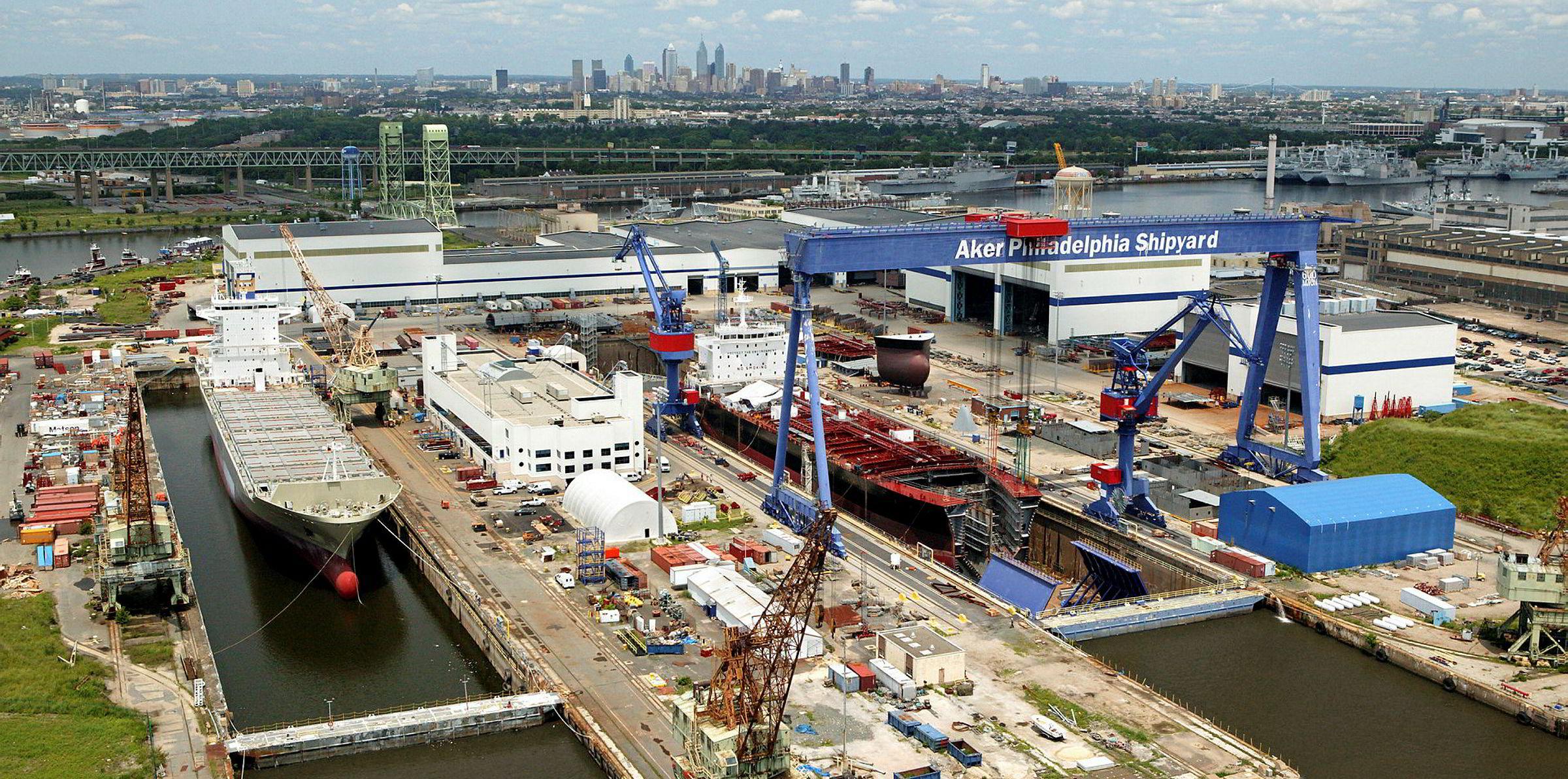Naval architect Per Fagerlund, known in the industry as Mr Roro, has died at the age of 80.
The Swede was born in 1939 into shipping as a master's son and went on to pioneer revolutionary designs for cargo vessels — and helped to develop methanol as a green fuel in his later years.
Fagerlund went to sea early as a cook’s assistant on the auxiliary sailing ship Ann from Farjestaden.
In addition to the basic seafarer's education, this spurred his interest in sailing and convinced him that cargo vessels would benefit from wind propulsion.
After studying maths in Uppsala for a year, Fagerlund took an MSc in 1969 at Chalmers University of Technology in Gothenburg.
Revolutionary ramp
After a short time at the Swedish Ship Research Foundation, he continued his career at Navire Cargo Gear, where he developed the ingenious quarter ramp for rolling cargo, which is still used on all oceangoing ro-ros.
Fagerlund was then technical director at Swedish shipowner Transatlantic Shipping between 1973 and 1991, where he renewed the company's fleet with cost and energy-efficient vessels.
As chairman of the Swedish Shipowners' Association's technical committee, he also managed to solve conflicting interests with his deep knowledge, sensitivity, firmness and disarming humour, colleagues said.
The architect also designed the three-masted schooner Blue Clipper, which he used for charter traffic during the first half of the 1990s. The maiden voyage to Shanghai was sponsored by drinks company Hennessy Cognac.
During the latter half of the 1990s, Fagerlund returned to the drawing board for new innovative ro-ros, of which the paper transport ship Spaarneborg for Stora Enso was a milestone.
Methanol pioneer
In the 2000s, he participated in several radical projects for maritime safety and reduced environmental impact, aiming for the sustainable shipping of the future.
Fagerlund initiated and played a leading role in energy-efficiency projects like the European Union-funded Improved Port Ship Interface scheme, as well as the Energy Efficient Shipping programme funded by the Swedish government to demonstrate methanol as a sustainable maritime fuel.
The latter was in collaboration with Nobel laureate George Olah, a Hungarian-American chemist who died in 2017.
Fagerlund also designed auxiliary sail systems for commercial ships, which he patented, and developed the Boogabilla-class ro-ro, of which more than 70 were built.
Education was important to Fagerlund
Naval architects Bengt Ramne, Anders Ulfvarson and Dag Engstrom, and Chalmers professor emeritus Bengt-Olof Petersen, paid tribute to Fagerlund in a letter to TradeWinds.
"Per took an interest in higher education of naval architects. When all major Swedish shipyards were closed down [in the] mid-1980s, a change in the shipbuilding engineering education was required to maintain relevance," they said.
"As a member of the board at Chalmers, Per made an important contribution to adapting education from the shipyard perspective to a shipowner and cargo owner perspective."
Until recently, Fagerlund was active in finding financial resources for the further development of sails to assist propulsion of merchant ships.
In 2008, he was given the Gustav Dalen Medal, the highest award for Chalmers alumni.
The naval architects added: "Per was a renaissance man with a remarkable breadth of knowledge. The loss is great, but the impact of his work provides inspiration for the continued development of shipping."
The widower, who had three children, was a resident of Gothenburg.






